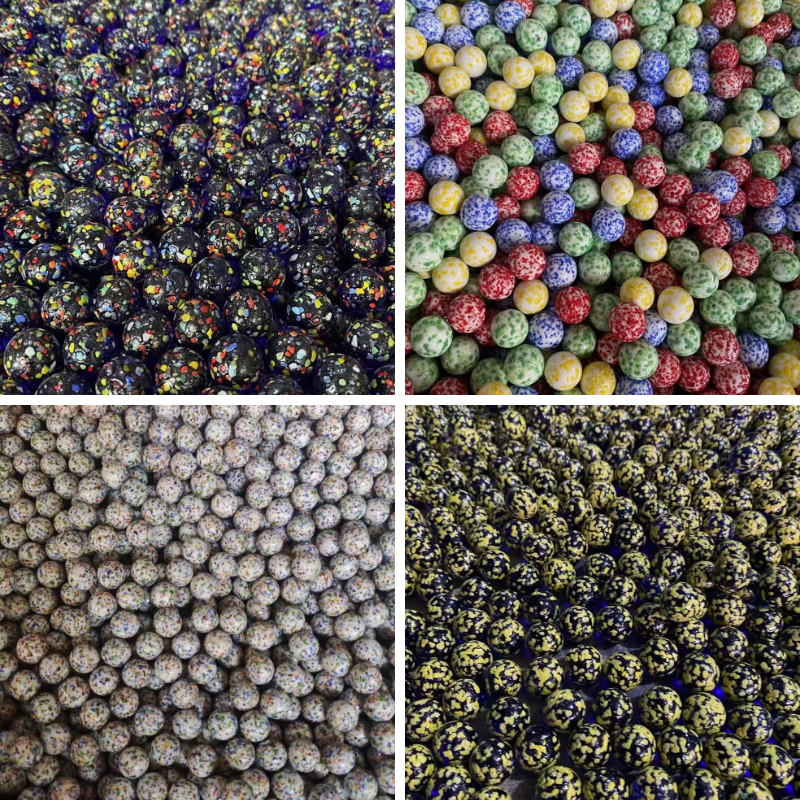
Using Volcanic Rock to Enhance Plant Growth in Modern Agriculture
The Role of Volcanic Rock in Plant Growth A Sustainable Solution for Agriculture
Volcanic rocks, often dismissed as mere geological curiosities, possess unique properties that can significantly enhance plant growth and agricultural productivity. As the world faces mounting challenges such as soil degradation, climate change, and the need for sustainable farming practices, harnessing volcanic rock presents an innovative solution for modern agriculture. This article explores the benefits of volcanic rock for plants, its application in farming, and the potential impact on food security.
Volcanic rock, formed from the rapid cooling and solidification of magma, is rich in essential minerals and trace elements. Its composition is primarily comprised of minerals like potassium, phosphorus, magnesium, and calcium, which are vital for plant health. The breakdown of these rocks over time releases these nutrients into the soil, promoting vigorous growth, enhancing root development, and improving overall plant resilience.
The Role of Volcanic Rock in Plant Growth A Sustainable Solution for Agriculture
In addition to its nutritional advantages, volcanic rock acts as a natural soil amendment. When crushed into a fine powder, it can be mixed with organic matter to create a powerful growing medium. This blend not only provides nutrients but also enhances soil fertility, supporting sustainable agriculture practices. The slow-release nature of nutrients from volcanic rock helps prevent nutrient leaching, commonly associated with synthetic fertilizers, which can lead to environmental pollution and degradation of waterways.
volcanic rock for plants factory

Furthermore, volcanic rock’s unique thermal properties can be utilized in greenhouse and hydroponic settings. By incorporating volcanic rock into growing systems, farmers can create a stable thermal environment that supports seed germination and plant development. The rock's ability to absorb and retain heat can help regulate temperature fluctuations, creating a more conducive environment for plant growth.
The environmental benefits of using volcanic rock extend beyond agriculture. By promoting a circular economy in farming, volcanic rock can reduce the reliance on chemical fertilizers and pesticides. This shift not only leads to healthier crops but also helps mitigate the impact of agriculture on the ecosystem. Furthermore, the utilization of volcanic rock can help rehabilitate degraded lands, restoring their productivity and biodiversity.
As we face the challenges of feeding a growing global population while addressing environmental concerns, the potential of volcanic rock as a resource for sustainable agriculture becomes increasingly apparent. With its ability to enhance soil health, improve nutrient availability, and reduce water consumption, volcanic rock could play a pivotal role in the future of farming. Researchers and farmers alike are encouraged to explore this natural solution to transform the agricultural landscape and ensure food security for generations to come.
In conclusion, volcanic rock for plants represents a promising avenue in the pursuit of sustainable agriculture. Its unique properties not only contribute to enhanced plant growth and soil health but also support environmental conservation. By embracing such innovative solutions, we can pave the way for a resilient agricultural future, ensuring that we can meet the demands of a growing population while preserving our planet for future generations.
Share
-
Premium Pigment Supplier Custom Solutions & Bulk OrdersNewsMay.30,2025
-
Top China Slag Fly Ash Manufacturer OEM Factory SolutionsNewsMay.30,2025
-
Natural Lava Rock & Pumice for Landscaping Durable Volcanic SolutionsNewsMay.30,2025
-
Custom Micro Silica Fume Powder Manufacturers High-Purity SolutionsNewsMay.29,2025
-
Custom Mica Powder Pigment Manufacturers Vibrant Colors & Bulk OrdersNewsMay.29,2025
-
Custom Micro Silica Fume Powder Manufacturers Premium QualityNewsMay.29,2025






